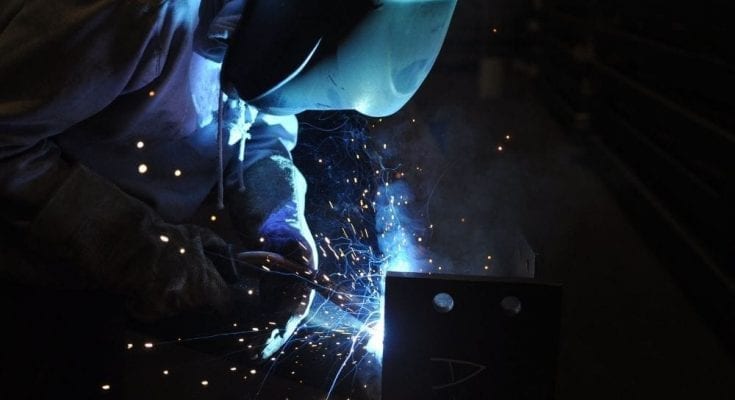The industry of welding is one that’s been around for more than 100 years. Today, it’s a career that continues to see steady growth and opportunity. Our world revolves around the field of welding. Everything from the machines you use at the gym to the car you operate wouldn’t be possible without the skills of a welder. If this intrigues you, there are a few things to know before starting your welding career. Keep reading below to discover the knowledge every aspiring welder should know.
There are Different Industries for You To Explore
When you become a welder, you have quite a few options to explore in terms of where you choose to find employment. As we mentioned, welding makes a huge contribution to the world. As a result, you can route your career path anyway you choose. Here’s a quick rundown of the industries available for future welders to explore:
- Manufacturing
- Fabrication
- Aerospace
- Automotive
- Construction
- Oil and Glass
Don’t limit yourself. As the years pass by, you can continue to prosper and enhance your career as a welder by diving into other industries. By exploring other opportunities, you’ll be able to enjoy seeing where your career can take you.
The Different Welding Processes
Before you start a career of welding, know there are many different welding processes. Becoming a welder doesn’t require a formal education, but manual involvement. However, going this route can limit you to the different processes you’re exposed to.
For that reason, you’ll want to consider enrolling in a technical school that’ll give you a certificate of completion. This will give you the opportunity of learning various different processes.
Here are a few of the most welding techniques and processes:
- Gas metal arc welding
- Gas tungsten arc welding
- Shielded metal arc welding
- Fluxed cord arc welding
Knowing the different processes of welding will also allow you to appeal to more diverse employers.
The Different Welding Materials
Just as important as knowing the different processes, knowing how to weld different materials is key. The standard and most common materials to weld usually include metals such as stainless steel and aluminum.
If you really want to explore other career paths and opportunities, be sure to learn how to weld other materials such as naval brass. Naval brass is often used for military applications. Knowing how to weld it can provide you with a career in the government.
Knowing these things before starting your welding career will set you up for success. Now that you know them, you’re ready to take the next step to enriching your life and begin a successful career in the welding trade.



